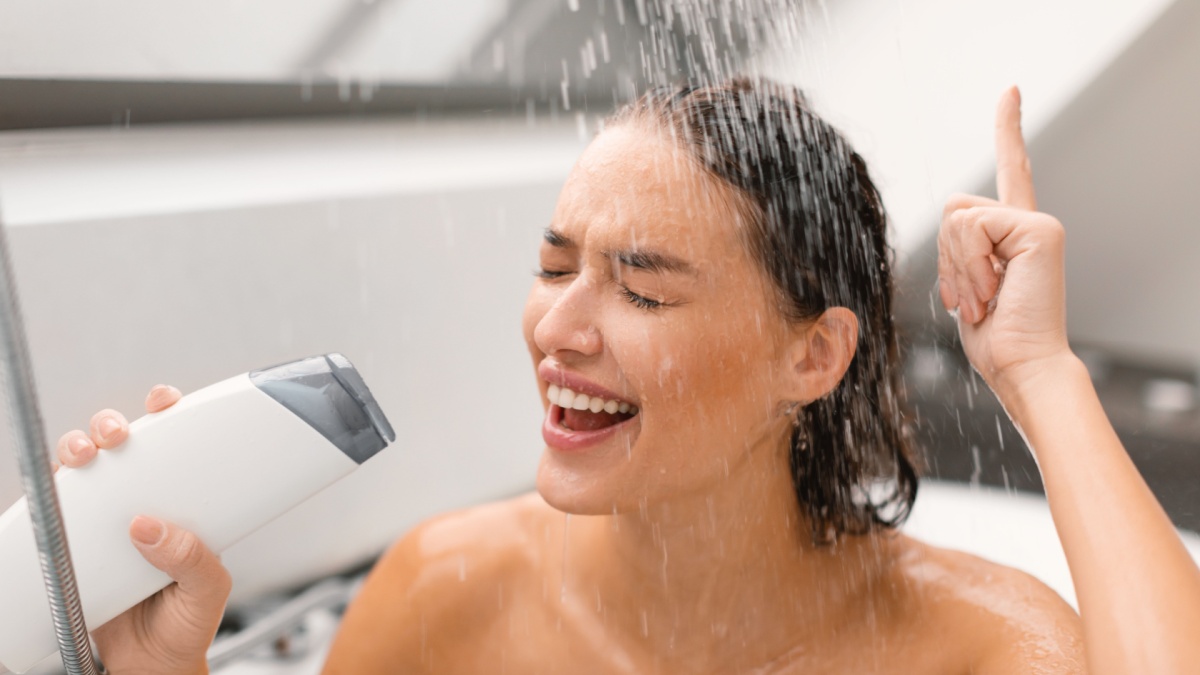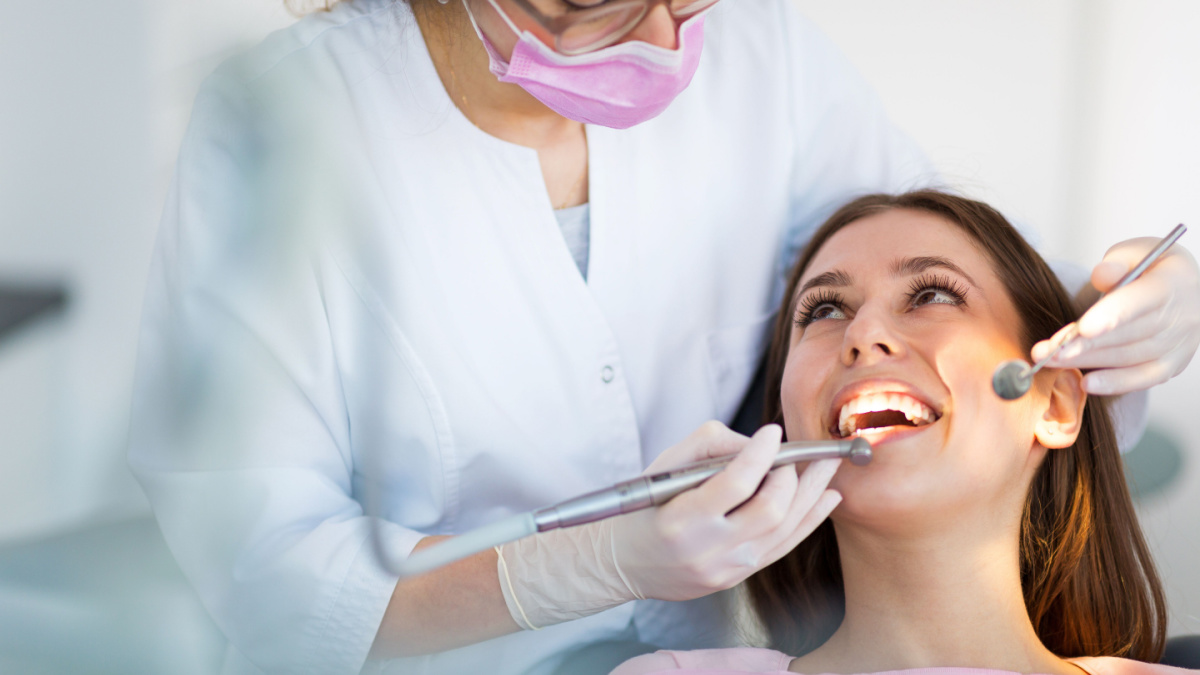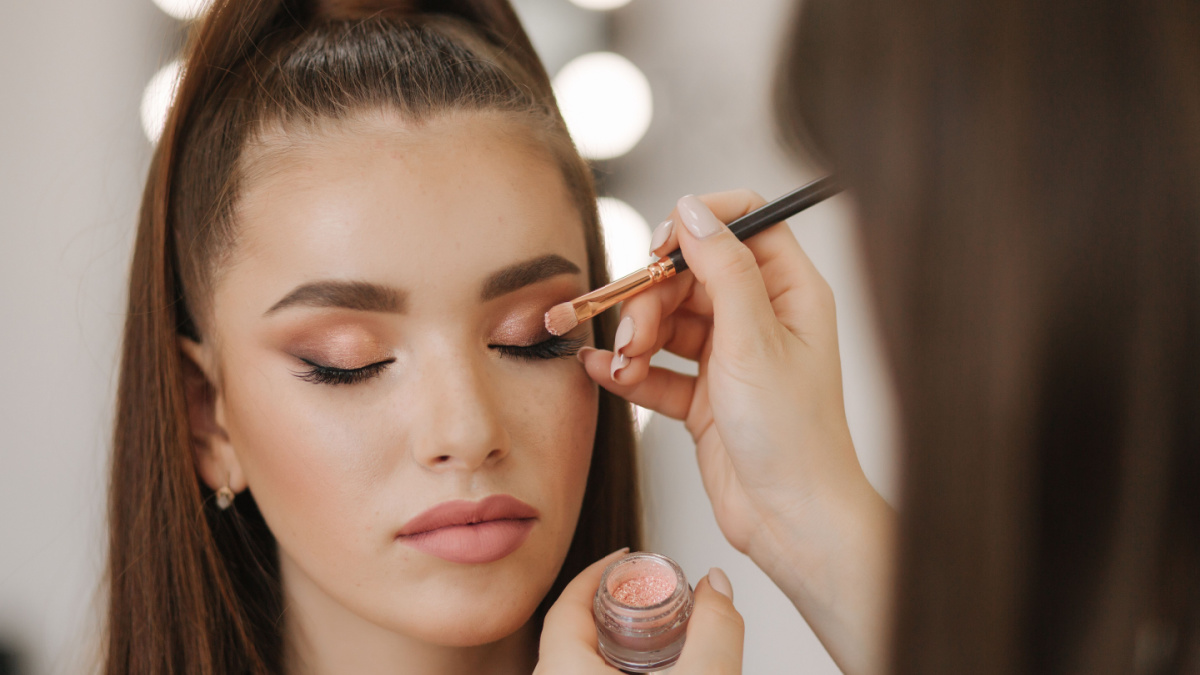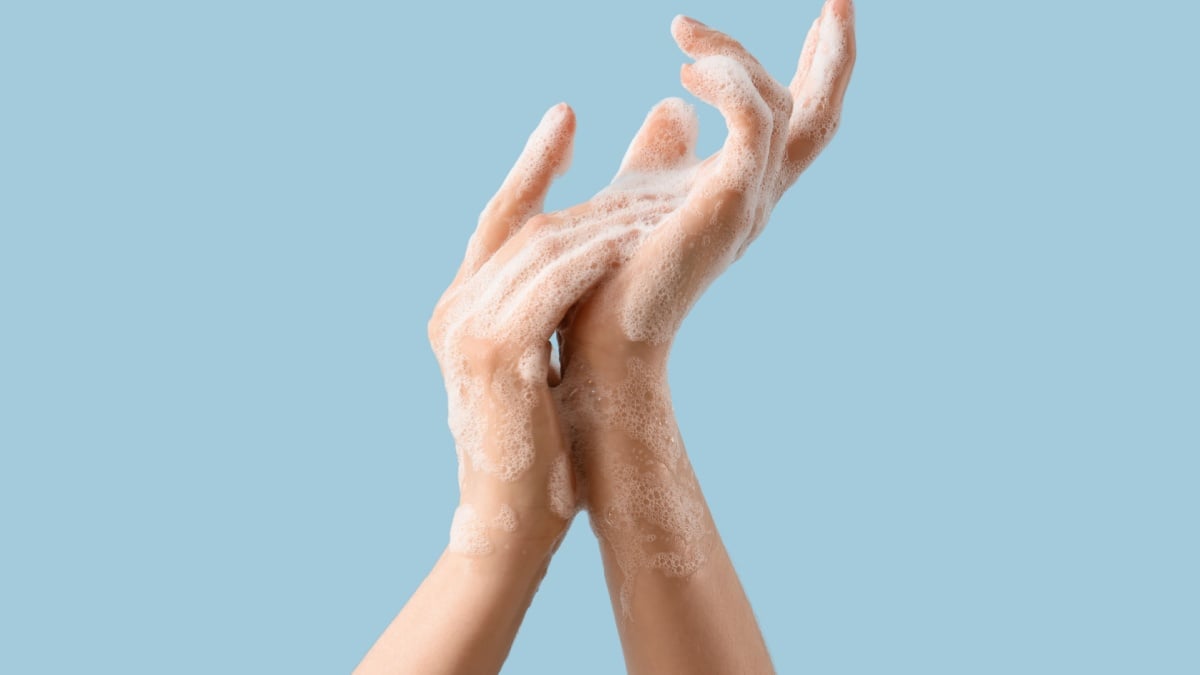Maintaining proper hygiene isn’t just about looking good; it’s about safeguarding your health and well-being. Many hygiene practices go beyond the basics of showering and tooth brushing. Here, we share 20 often-overlooked hygiene tips that can significantly affect your cleanliness and overall health.
1. Glove Rules

Gloves are essential when handling food, but simply wearing them isn’t enough. Change gloves frequently, especially when switching tasks or handling different food items. Always wash your hands thoroughly before and after wearing gloves. This ensures that you’re not only protecting the food from contamination but also maintaining your own hygiene.
2. Clean Your Ears

While showering, clean the outer part and behind and inside your ears. Dirt, oil, and dead skin cells can accumulate in these areas, potentially leading to infections if left uncleaned. Use a gentle cleanser and a washcloth to remove buildup, ensuring your ears remain clean and healthy.
3. Toothbrushes Aren’t Forever

Your toothbrush harbors bacteria and germs over time, so it’s crucial to replace it regularly. Aim to change your toothbrush every three months, and remember to replace it after you’ve been sick. This prevents the reintroduction of harmful bacteria into your mouth, helping to maintain good oral hygiene and overall health.
4. Clean Your Sinks

Given their frequent use, the kitchen and bathroom sinks are breeding grounds for bacteria. Make it a habit to clean both sinks daily, including the faucets and drains. Use a disinfectant cleaner to remove any buildup and kill germs, ensuring that these commonly used areas remain sanitary and safe.
5. Sanitize Your Disposal

Your kitchen sink disposal unit can develop unpleasant odors and harbor bacteria if not properly maintained. Use a disposal cleaner at least once a month to keep it clean and odor-free. This helps break down food residue and eliminate bacteria, ensuring your kitchen remains fresh and hygienic.
6. Shower Daily

While it may seem obvious, some people rely on body spray or deodorant as a substitute for showering. However, these products mask odors and do not remove dirt and bacteria from the skin. Make it a priority to shower daily, using soap and water to cleanse your body thoroughly. This helps remove sweat, oil, and bacteria, keeping you fresh and clean throughout the day.
7. Clean Your Electronics

Our electronic devices, such as cell phones, air pods, and Bluetooth devices, are often overlooked when it comes to hygiene. However, these gadgets can harbor a surprising amount of bacteria and germs, especially considering how frequently we touch them. Regularly clean your electronic devices with disinfectant wipes to remove dirt and bacteria, reducing the risk of transferring germs to your hands and face.
8. Mouse Cleaning

Keyboards and computer mice are notorious for accumulating dirt, crumbs, and bacteria, particularly in the spaces between keys and buttons. Take the time to clean your keyboard and mouse regularly to remove any buildup and disinfect surfaces. Use compressed air to blow out debris between keys, followed by a disinfectant wipe to sanitize surfaces. This helps prevent the spread of germs and ensures that your workspace remains clean and hygienic.
9. Wash Reusable Cups Daily
While reusable cups are eco-friendly alternatives to single-use plastic cups, they can harbor bacteria if not cleaned properly. After each use, wash reusable cups thoroughly with hot, soapy water, paying particular attention to any nooks and crannies where bacteria can hide. Rinse them well and let them air dry completely before using them again. This simple practice helps prevent the buildup of bacteria and ensures that your cups remain clean and safe for use.
10. Towel Changes

Using a towel multiple times between washes can lead to the accumulation of bacteria, mold, and mildew. To maintain good hygiene, use a fresh washcloth each day and replace bath towels every few uses. Wash towels regularly with hot water and detergent to remove bacteria and ensure they remain clean and hygienic for future use.
11. Clean Hair Accessories

Hairbrushes, combs, and scrunchies can harbor dirt, oil, and bacteria. To maintain good hygiene, clean these hair accessories regularly. Remove hair from brushes and combs, wash them with warm, soapy water, and let them air dry. For hair scrunchies, machine wash or hand wash them with detergent, allowing them to air dry. This helps prevent bacteria buildup and ensures your hair accessories remain clean and safe.
12. Wash Your Bed Linens

Bed linens accumulate sweat, oils, dead skin cells, and dust mites over time, making regular washing essential for maintaining good hygiene. Aim to wash your bed linens, including sheets, pillowcases, and blankets, at least once a week. Use hot water and detergent to remove any buildup and kill germs, ensuring your bed remains clean and fresh for a good night’s sleep.
13. Dental Care

Good oral hygiene is essential for overall health, yet many people neglect proper dental care. Brush your teeth twice daily using fluoride toothpaste, and brush all surfaces of your teeth and tongue. Additionally, floss daily to remove plaque and food particles from between your teeth, and visit your dentist regularly for checkups and professional cleanings. Taking care of your teeth and gums prevents cavities and gum disease and contributes to your overall health and well-being.
14. Avoid Nail Biting

Nail biting is a bad habit and a potential source of germs from your hands to your mouth. To maintain good hygiene and prevent illness, avoid biting your nails. Trim your nails regularly and keep them clean to reduce the risk of harboring bacteria and other pathogens. If you struggle with nail-biting, try using bitter-tasting nail polish or seek help from a healthcare professional to break the habit.
15. Clean Those Brushes

Makeup brushes can accumulate bacteria, oil, and product buildup over time, leading to skin irritation and breakouts. To maintain good hygiene and prolong the life of your brushes, clean them regularly. Use a gentle cleanser or brush cleaner to wash the bristles, then rinse them thoroughly and allow them to air dry. This helps remove dirt and bacteria, ensuring that your makeup application is clean and hygienic.
16. Scrub Your Hands

Hand hygiene is crucial for preventing the spread of germs and infections, yet it’s often overlooked. Wash your hands thoroughly with soap and water for at least 20 seconds after using the restroom, before eating or preparing food, and after handling raw meat or poultry. Scrub all surfaces of your hands, including the backs of your hands, between your fingers, and under your nails, to effectively remove dirt, bacteria, and viruses.
17. Proper Flushing

When flushing the toilet, close the lid before pressing the flush button to prevent the spread of bacteria and germs into the air. Flushing with the lid open can release a fine mist of water droplets contaminated with fecal matter and bacteria, which can settle on nearby surfaces and objects. By closing the lid before flushing, you can minimize the spread of germs and maintain a cleaner and healthier bathroom environment.
18. Groom Your Beard

If you have a beard, proper grooming is essential for maintaining hygiene and preventing skin issues. Brush your beard daily to remove tangles and distribute natural oils evenly, keeping your beard soft and manageable. Additionally, moisturize your beard and the skin underneath to prevent dryness and itchiness. Regular grooming keeps your beard looking its best, promotes healthy skin, and prevents irritation and infections.
19. Invest in a Bidet

A bidet is an excellent way to improve personal hygiene, especially after using the toilet. Bidets use water to cleanse the genital and anal areas, effectively removing bacteria and preventing irritation. Investing in a bidet attachment or a bidet toilet seat can help you maintain better hygiene and reduce the need for excessive toilet paper usage, contributing to environmental sustainability.
20. Don’t Ignore the Button
Your belly button, or navel, is often ignored, yet it can harbor dirt, sweat, and bacteria if not cleaned properly. Regularly wash your belly button with soap and water, gently circularly removing any buildup. Pay attention to any odor or discharge, as these may indicate an infection or other health issue that requires medical attention. Keeping your belly button clean and dry can prevent unpleasant odors and reduce the risk of infections.

